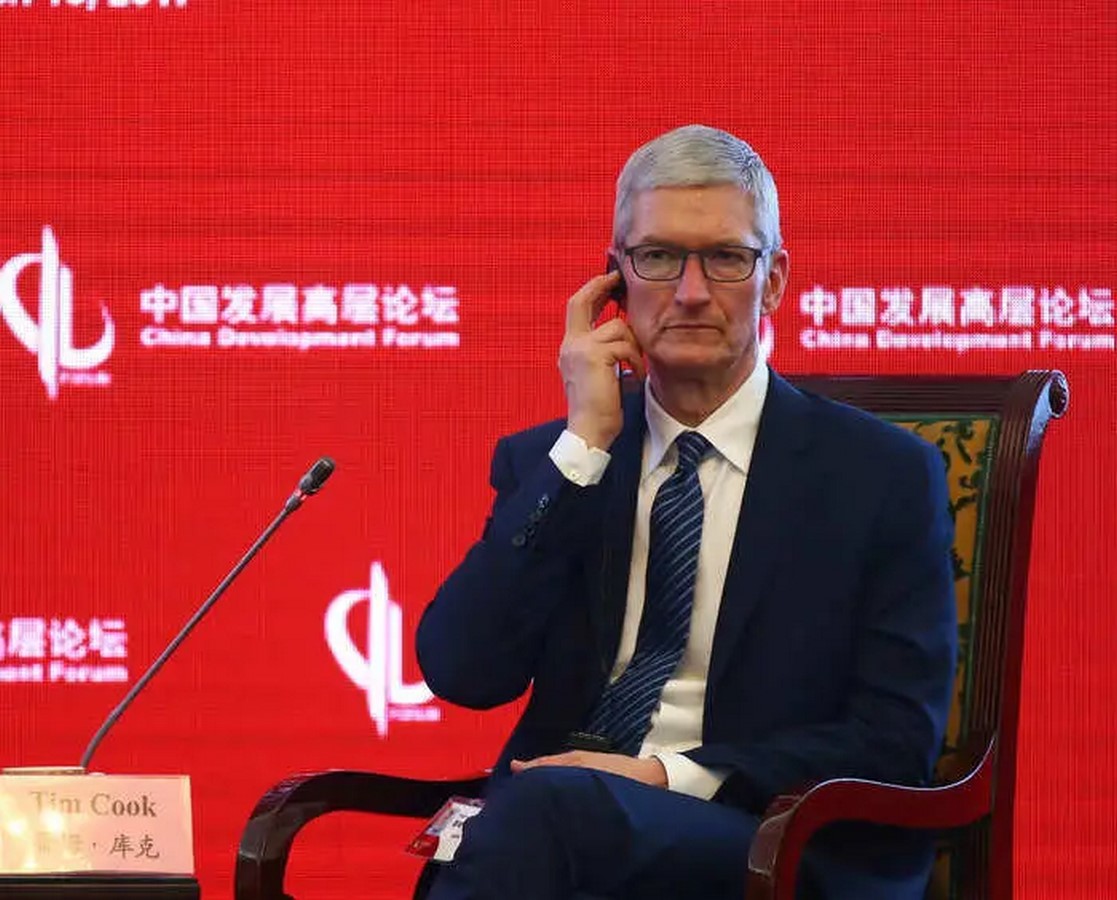
Rising Competition in Semiconductor Production
Apple faces mounting challenges in China as domestic chipmakers gear up to supply advanced semiconductors to smartphone manufacturers like Huawei. Chinese smartphone makers have encountered difficulties obtaining high-end chips due to stringent export regulations imposed by the US. This has bolstered Apple’s position in the region, allowing it to become the top-selling smartphone brand in China. However, plans by Chinese chipmakers, including state-backed SMIC, to establish chip production lines in Shanghai could level the playing field by providing local brands with access to cutting-edge processors.

Threat to Apple’s Dominance
The prospect of domestically produced chips poses a significant threat to Apple’s dominance in China’s smartphone market. While Apple has reported overall revenue growth globally, it experienced a notable decline in revenue within the Greater China region. This downturn coincided with the release of the iPhone 15, indicating a challenging environment for winning over Chinese consumers. Factors such as the lingering impact of the COVID-19 pandemic and a resurgence of interest in homegrown gadgets, exemplified by Huawei’s Mate 60 Pro, have contributed to Apple’s sales slowdown.
Impact of Local Chip Production
The potential success of China’s chip production plans could further erode Apple’s market share in the region. Chinese chipmakers, aiming to produce more advanced chips than those found in Huawei’s Mate 60 Pro, pose a direct challenge to Apple’s technological edge. If companies like SMIC succeed in manufacturing 5-nanometer chips, it could attract other local rivals like Honor and OPPO to utilize domestically manufactured chips in their smartphones. This trend signifies a shift towards greater self-sufficiency in China’s semiconductor industry, presenting a formidable challenge to Apple’s market position.
Tim Cook’s Response
Apple CEO Tim Cook has demonstrated awareness of the escalating competition in China. His multiple visits to the country, including an unannounced trip in October amid declining sales, indicate the company’s strategic focus on addressing challenges in the Chinese market. As Chinese chipmakers ramp up efforts to bolster local semiconductor production, Cook may need to intensify efforts to navigate the evolving landscape and maintain Apple’s competitiveness in China’s dynamic smartphone market.
In conclusion, Apple’s prospects in China face significant headwinds as domestic chipmakers seek to reduce reliance on foreign technology and strengthen the country’s semiconductor industry. The emergence of locally produced chips poses a formidable challenge to Apple’s dominance, underscoring the need for strategic adaptation and innovation to sustain growth in one of the world’s largest smartphone markets.




Leave a Reply